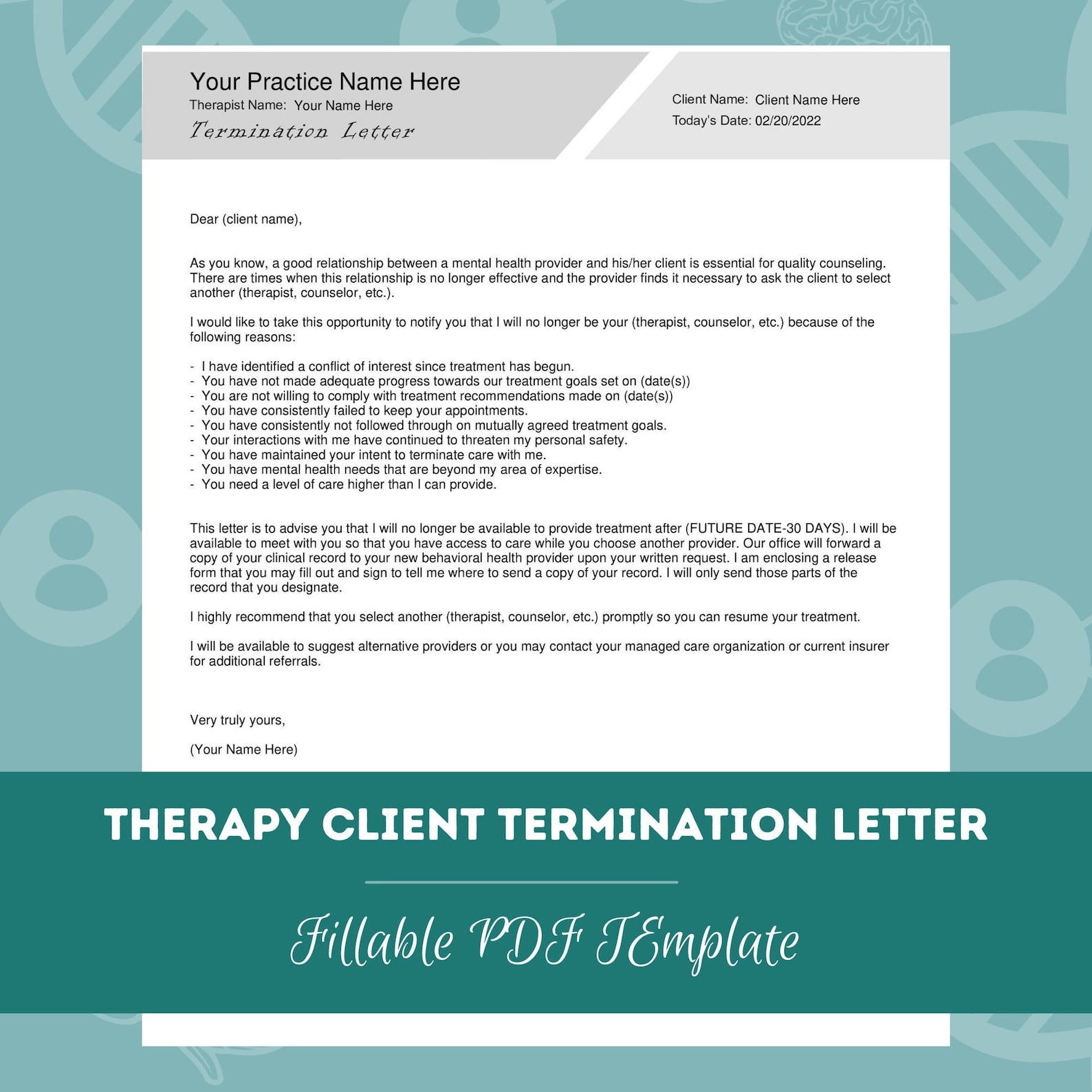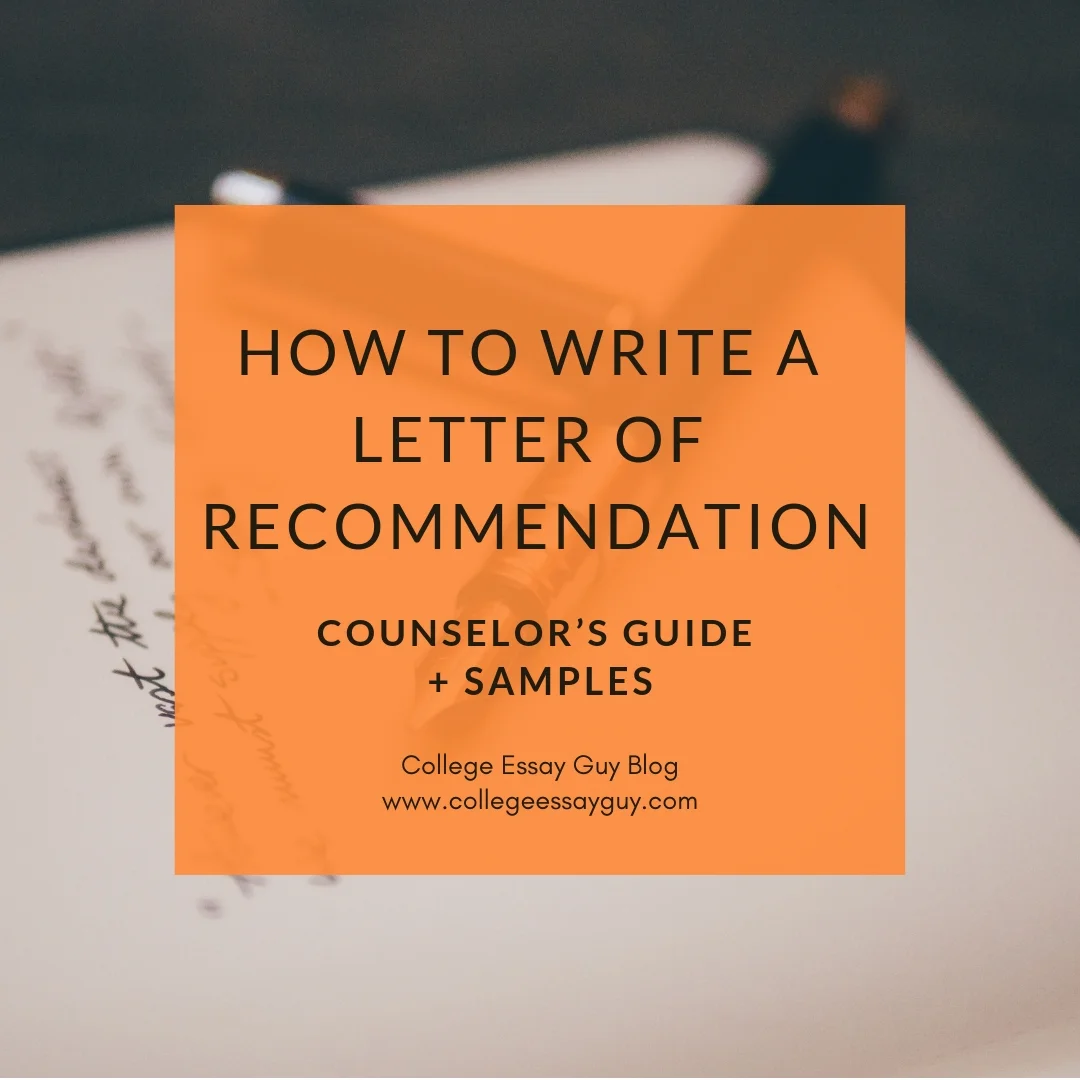Writing Recommendation Letters for Mental Health Clients
Writing letters of recommendation for mental health counseling clients presents unique ethical and practical challenges. Navigating client confidentiality, accurately portraying progress while respecting privacy, and ensuring informed consent are crucial aspects. This process requires careful consideration of legal and professional standards, demanding a delicate balance between honesty and protecting the client’s well-being. This exploration delves into the complexities of crafting effective and ethical recommendations in this sensitive context.
The responsibility of writing such a letter extends beyond simply listing accomplishments. It necessitates a deep understanding of the client’s journey, their strengths, and their potential. This involves thoughtfully considering how to present challenges faced, while simultaneously emphasizing resilience and growth. The goal is to provide a comprehensive and accurate portrayal that assists the client in achieving their goals.
Ethical Considerations in Writing Recommendation Letters for Mental Health Counseling Clients

Writing recommendation letters for former mental health counseling clients presents unique ethical challenges. Maintaining client confidentiality is paramount, and any breach can have serious consequences. The process requires careful consideration of legal and professional guidelines to ensure responsible and ethical practice.
Client Confidentiality and Informed Consent, Writing letters of recommendation for mental health counseling clients

Protecting client confidentiality is a cornerstone of ethical practice. Before writing any letter, explicit informed consent must be obtained. This means clearly explaining to the client the purpose of the letter, the information that will be included, and the potential risks and benefits of providing a recommendation. Documentation of this consent process is crucial. Clients should understand they can withdraw consent at any time.
Handling Potential Conflicts
Situations may arise where a client’s mental health history might be relevant to the position or program they are applying for. In such cases, the counselor must carefully balance the need for honesty with the obligation to protect confidentiality. Information should only be disclosed if it is directly relevant and necessary for the decision-making process, and even then, it should be presented in a sensitive and supportive manner, focusing on the client’s resilience and progress.
If the counselor feels uncomfortable providing a recommendation due to potential conflicts, they should decline respectfully.
Content and Structure of Effective Recommendation Letters
An effective recommendation letter is concise, comprehensive, and objective. It provides a clear and accurate picture of the client’s abilities and suitability for the position or program.
Structuring the Recommendation Letter
A well-structured letter typically includes an introduction stating the relationship with the client and the purpose of the letter; a body detailing the client’s strengths, skills, and achievements using specific examples; and a conclusion summarizing the recommendation and offering contact information. The tone should be professional yet engaging, avoiding overly formal or informal language.
Showcasing Client Strengths
The letter should highlight the client’s positive attributes and accomplishments, using strong action verbs and descriptive language. Quantifiable achievements whenever possible should be included to support claims. This section should demonstrate a clear understanding of the client’s abilities and how they relate to the specific requirements of the position or program.
Addressing Specific Challenges in Mental Health Counseling Clients’ Recommendations
Addressing a client’s mental health history requires sensitivity and careful consideration. The focus should always be on the client’s strengths, resilience, and progress.
Highlighting Resilience and Growth
The letter should emphasize the client’s growth and progress throughout their counseling journey, showcasing their resilience in overcoming challenges. This demonstrates not only their mental fortitude but also their capacity for self-improvement and personal development. This narrative helps present a balanced picture of the individual.
Balancing Honesty and Confidentiality
Honesty and confidentiality are not mutually exclusive. Information should be presented in a way that is both truthful and respectful of the client’s privacy. Avoid disclosing sensitive information unless it is absolutely necessary and directly relevant to the application. Focus on the client’s capabilities and potential rather than dwelling on past struggles.
Legal and Professional Standards for Recommendation Letters
Legal and professional standards governing the writing of recommendation letters, especially in mental health, are stringent. Understanding these guidelines is crucial to avoid legal and ethical pitfalls.
Professional Codes of Ethics and Legal Ramifications
Various professional organizations have codes of ethics that address confidentiality and disclosure. These codes provide guidance on the appropriate handling of sensitive information. Providing inaccurate or misleading information in a recommendation letter can have serious legal consequences, including liability for defamation or negligence. Adherence to these guidelines is non-negotiable.
It’s crucial to remember that prioritizing your mental well-being is key, and that means surrounding yourself with supportive people. Remember, as the article you deserve someone who is good for your mental health points out, healthy relationships are vital. However, the news about Yale banning a student from campus over mental health concerns highlights the complexities and sometimes inadequate support systems surrounding mental health issues.
This situation underscores the need for better resources and understanding within educational institutions and beyond.
Maintaining Professional Boundaries
Maintaining professional boundaries is crucial. The letter should remain objective and avoid personal opinions or biases. The focus should be solely on the client’s qualifications and suitability for the position or program, based on professional observations and documented progress.
Improving the Clarity and Impact of Recommendation Letters: Writing Letters Of Recommendation For Mental Health Counseling Clients
A well-written recommendation letter is clear, concise, and impactful. It effectively communicates the client’s qualifications and makes a strong case for their suitability.
It’s crucial to remember that prioritizing your well-being is key, and that means finding relationships that support your mental health. Read this article on why you deserve someone who is good for your mental health , because healthy relationships are vital. Sadly, the news about Yale banning a student from campus over mental health concerns highlights the urgent need for better support systems and understanding surrounding mental illness.
We need to foster environments where seeking help isn’t stigmatized, but encouraged.
Checklist for Review
Before submitting the letter, a thorough review is essential. This should include checking for accuracy, clarity, and professionalism. The letter should be free of grammatical errors and typos, and the language should be appropriate for the intended audience. A final review by a colleague can be helpful.
Writing Style and Language
Using strong action verbs and descriptive language enhances the impact of the letter. Concise sentences and paragraphs improve readability. The overall tone should be positive and supportive, but also objective and professional. Proofreading and editing are crucial steps to ensure a polished and professional final product.
Ultimately, writing a strong recommendation letter for a mental health counseling client requires a nuanced approach that prioritizes ethical considerations, legal compliance, and the client’s best interests. By understanding the complexities involved and employing best practices, counselors can create impactful letters that accurately reflect the client’s abilities and potential while upholding professional standards and maintaining confidentiality. The process, while demanding, offers a rewarding opportunity to support clients in their next steps.
Share this content:

